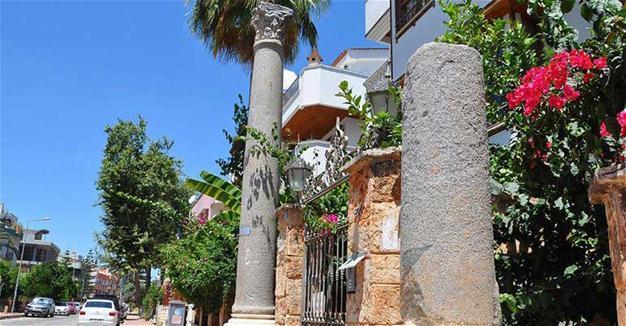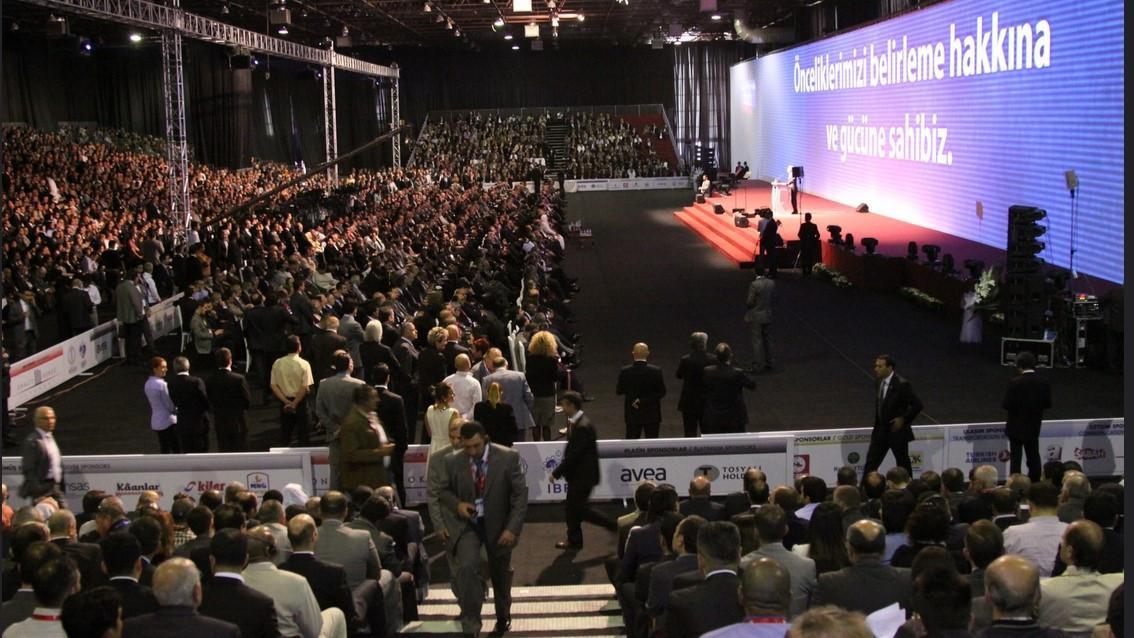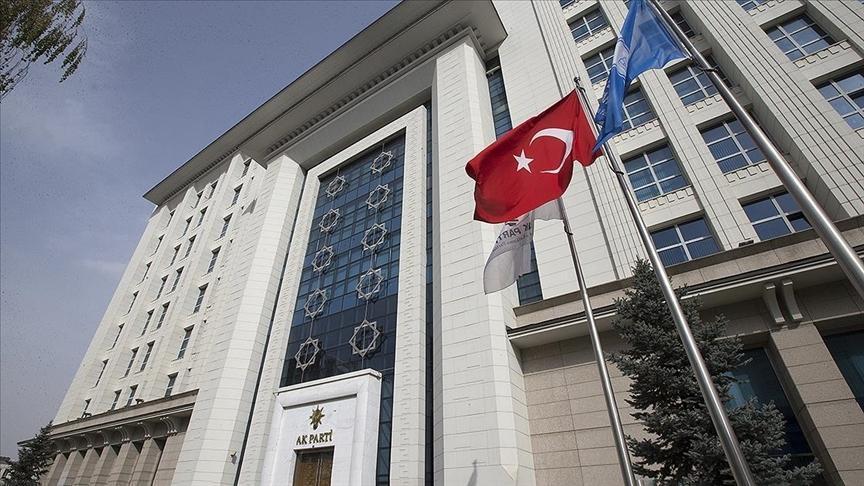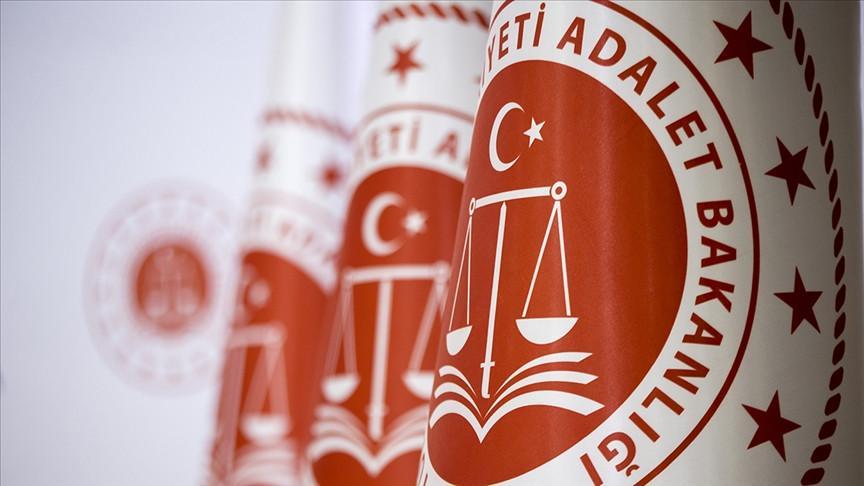Controversy over 2,000-year-old Roman columns used as apartment decoration in Turkey’s Antalya
ANTALYA
 Controversy has been stirred in the southern province of Antalya after a local man put two 2,000-year-old granite columns dating back to the Roman era in front of his apartment building.
Controversy has been stirred in the southern province of Antalya after a local man put two 2,000-year-old granite columns dating back to the Roman era in front of his apartment building.The incident surfaced when a retired art history teacher noticed the columns in front of the three-floor apartment located in Antalya’s Muratpaşa district. He reported the incident on his social media account alongside a photo.
“2,000-year-old columns have been turned into a decoration. This is too much!” Ertekin Kaya wrote.
Speaking to daily Hürriyet, Kaya said he was amazed to see the columns used in such a casual way.
“I couldn’t believe my eyes: 2,000-year-old granite columns had been put in front of an apartment as a decoration on a street I was just passing by coincidence. I analyzed the artifacts and took their pictures,” he said.
Mustafa Aydemir reportedly found the columns in 1994 in Antalya’s Kaleiçi district and placed them in front of his apartment in the Muratpaşa district after the Antalya Museum Directorate granted him permission under the condition of protecting them.
“We follow those columns 24 hours via surveillance cameras. It is forbidden for artifacts under the name of cultural properties to be taken abroad,” Aydemir said.
Kaya contacted the Antalya Museum Directorate and the Culture and Tourism Ministry regarding the incident and filed a complaint, but upon his application he found that Aydemir had already opened a lawsuit against him on charges of “insult.”
“Mustafa Aydemir, who put up those columns in front of his house, opened both a criminal lawsuit against me and a lawsuit for mental anguish. I have been on trial for the last two years. I was acquitted from both cases with a decision announced 10 days ago but the columns are still standing there,” Kaya said.
He added that he received a formal letter from the general directorate of cultural heritage and museums on the issue.
“In the last part of the letter, about the photographs I took, it said: ‘We have ordered the transfer of the in situ artifacts in Kaleiçi to the Antalya Museum Directorate.’ I hope this decision serves the preservation of our history,” Kaya said.
Antalya Museum Director Mustafa Demirel previously told daily Hürriyet that the authorities would move the columns.
“A citizen moved those Roman columns and placed them on the pavement. He obtained permission from the museum director of the time but we will move them after Eid al-Fitr. We had already conducted the necessary work when the issue came to us,” Demirel said.
















